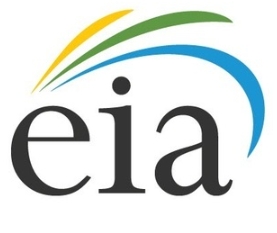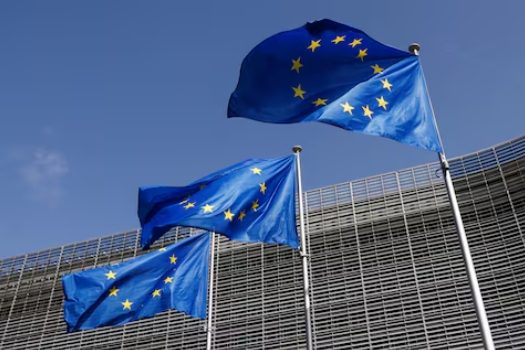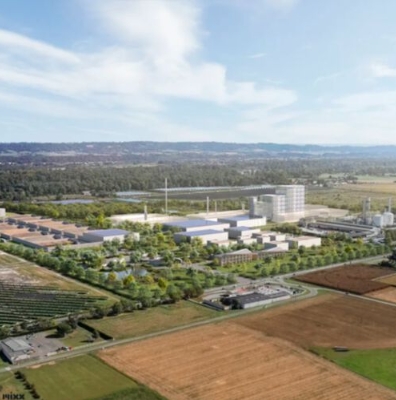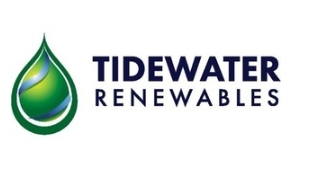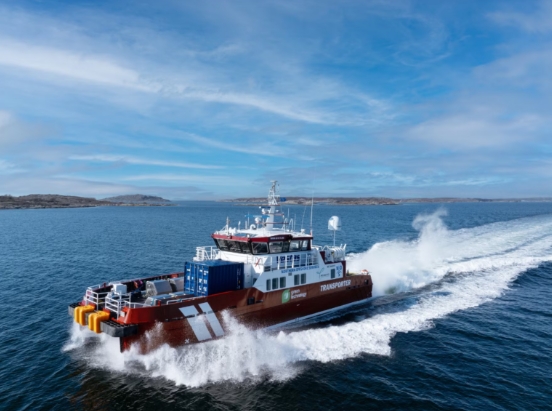This year, Russia marks 75 years of success in the nuclear energy sector. It is a significant achievement for a country that has over the years become a key pillar in the global nuclear power development, enabling many countries to ramp up their electric power supply.
As the global population continues to rise, along with an increase in industrialisation and urbanisation, nuclear energy continues to hold a great stake in boosting global electric power supply, accounting for 10% of the world’s electricity.
From humble beginnings, adoption of nuclear energy continues to grow in different countries, with over 450 nuclear power reactors and 398.9 GW(e) in net installed capacity worldwide, according to figures from the International Atomic Energy Agency (IAEA).
At the heart of this phenomenal growth is the Russian nuclear industry, whose strength and contribution to global economic transformation has remained visible since its inception in 1945.
This year, Russia marks 75 years of success in the nuclear energy sector. It is a significant achievement for a country that has over the years become a key pillar in the global nuclear power development, enabling many countries to ramp up their electric power supply.
This nuclear success in Russia and beyond has over the years been accelerated by the creation of the State Atomiс Energy Corporation, ROSATOM, a leader in the world’s nuclear energy industry and the largest electricity generation company in Russia.
Russia’s journey to nuclear energy success has been strategic and far-sighted. It all began on August 20, 1945, when the State Defense Committee of the Union of Soviet Socialist Republic (USSR) decided to organise a Special Committee and the First Main Directorate to carry out the work on atomic project.
“The latter became a platform for the creation of the Ministry of Medium Machine Building in 1953,” says Alexey Likhachev, director general, ROSATOM.
“The idea of using nuclear power for power plants, ships and aircraft was proposed in April 1947. Already in 1954, the first nuclear power plant in Obninsk was launched.” This was the world’s first NPP connected to the power grid.
10 years after launching the Obninsk NPP, the first pressurised water (PWR) VVER reactor was launched at the Novovoronezh NPP, with a capacity of only 210 MW.
Currently, there are six models of power units with reactors of different capacities within the VVER family, including VVER-1200. It is a Gen 3+ reactor and the main ROSATOM export product.
Russian nuclear power units with a unique combination of active and passive safety systems are the most demanded in the world, as evidenced by the batch of agreements for the implementation of 36 power units in 12 countries.
“Important to note that Rosatom is a company providing full-scale services at all stages of the NPP life cycle in a range from A to Z. It includes equipment production, service and modernisation services, nuclear fuel supply, personnel training, decommissioning etc.,” says Alexander Voronkov, CEO of ROSATOM regional office in Middle East and North African (MENA) region.
“In addition, ROSATOM offers services and solutions in the field of non-energy nuclear technologies, including nuclear medicine, desalination technologies, radiation technologies for use in agriculture and industry, research reactors, small modular reactors etc.”
ROSATOM continues to be the main driver for nuclear energy success in the world and a global technological leader that is always ahead of the curve when it comes to the state-of the-art nuclear technologies.
In general, over the 75-year history, Russian nuclear industry enterprises have built over hundred nuclear power plant reactors in 14 countries, including Russia. Since 2007, ROSATOM itself has built 16 new nuclear power units in Russia and abroad. Among them are new Gen 3+ units at the Leningrad and Novovoronezh NPPs, an innovative power unit with a fast breeder reactor BN-800, which is testing the technology of the future - closed fuel cycle.
ROSATOM achieved a major nuclear milestone this year when it launched the world's only floating nuclear power plant, which has since been connected to the grid.
“We continue to explore new technologies,” says Likhachev. “We have built a wind farm in Adygea (the largest in Russia), we are introducing the “Smart City” software package, and we are engaged in additive technologies and the production of energy storage devices.
“ROSATOM is also involved in providing digital solutions, composite and polymeric materials, and nuclear medicine among other offerings that make the company a leader in technology.”
Over the years, ROSATOM has undergone major expansions to include solutions such as year-round navigation in the Arctic, environment conservation, artificial intelligence and quantum computing, among others.
ROSATOM has also excelled at devising a comprehensive program for the development of nuclear science and technology.
“As a company with a long-term vision, our mission is not only limited to the enhancement of our operations and acquiring the latest technologies, but we also believe in enhancing the skills and welfare of our people,” says Likhachev.
“This is to say that, an employee of ROSATOM is trained to be an all-round person in order reach his or her full potential through our scientific, educational and social projects.”
As ROSATOM continues to grow stronger, it has set an ambitious goal that it is very determined to achieve. The company wants to become a global technological leader not only in nuclear technologies, but also in the creation of new materials, renewable energy, green hydrogen and nuclear medicine by 2030.
“We will expand our products line and also expand our business abroad,” says Likhachev.
Despite this ambition, Likhachev still believes that the nuclear energy industry is still young, even as Russia celebrates 75 years of the industry’s existence.
“Our industry is still young and progressive. The key to our success lies in the experience of experts and the enthusiasm of young people, coupled with their professionalism and dedication,” says Likhachev.
Today, ROSATOM works with more than 50 countries from all over the world. Moreover the company are proud of strategic collaboration with countries in the MENA region that has been evolving for decades.
“As far back as the 1960s, a number of countries such as Egypt, Libya, and Iraq started using our technologies. The first small research reactors in the region with a capacity of up to 5MW were built, which set the pace for the peaceful use of nuclear technology in this region. Over the years, we have offered training to nuclear specialists from these countries,” says Voronkov.
Currently, Rosatom implements two major nuclear power plant projects in MENA region, El Dabaa NPP project in Egypt and Akkuyu NPP project in Turkey. Both El Dabaa and Akkuyu NPPs will be the first nuclear power plants in Egypt and Turkey respectively and each will consist of 4 power units based on VVER-1200 reactors that have already been tested and being operated in Russia.
Most recently, Rosatom has been actively involved in the bidding process for Saudi Arabia’s nuclear power program.
In the United Arab Emirates, Rosatom has been collaborating with the Emirates Nuclear Energy Coprotation (ENEC) for many years in the field of the nuclear fuel cycle. Last year, both entities renewed their Memorandum of Understanding (MoU) to promote the peaceful use of nuclear energy.
“For 75 years, the Russian nuclear industry has built unique competencies. Our approach towards building lasting partnerships around the world is premised on our strong desire to share our expertise and help partners at all stages of implementation of their peaceful nuclear power programs,” says Voronkov.

